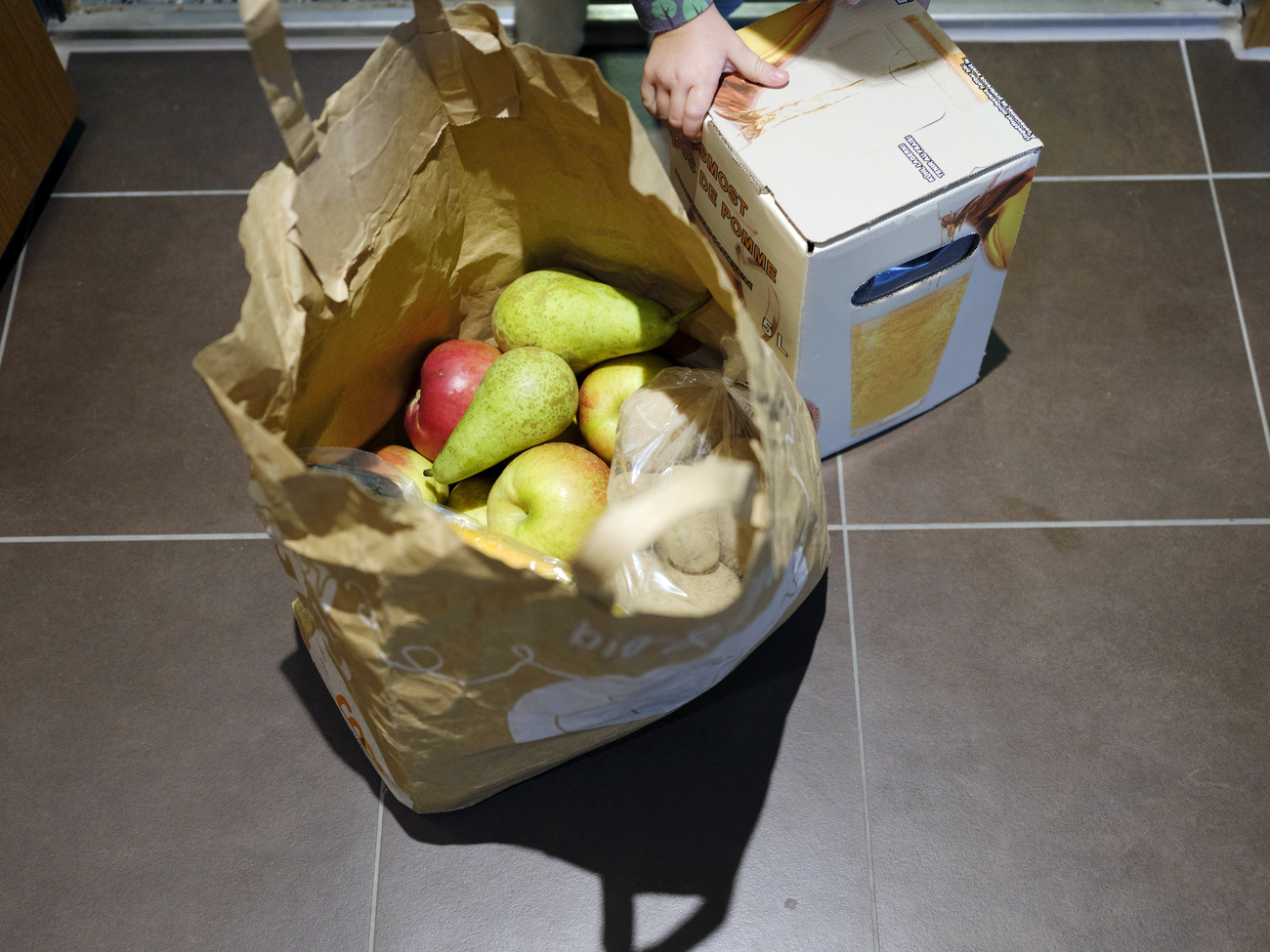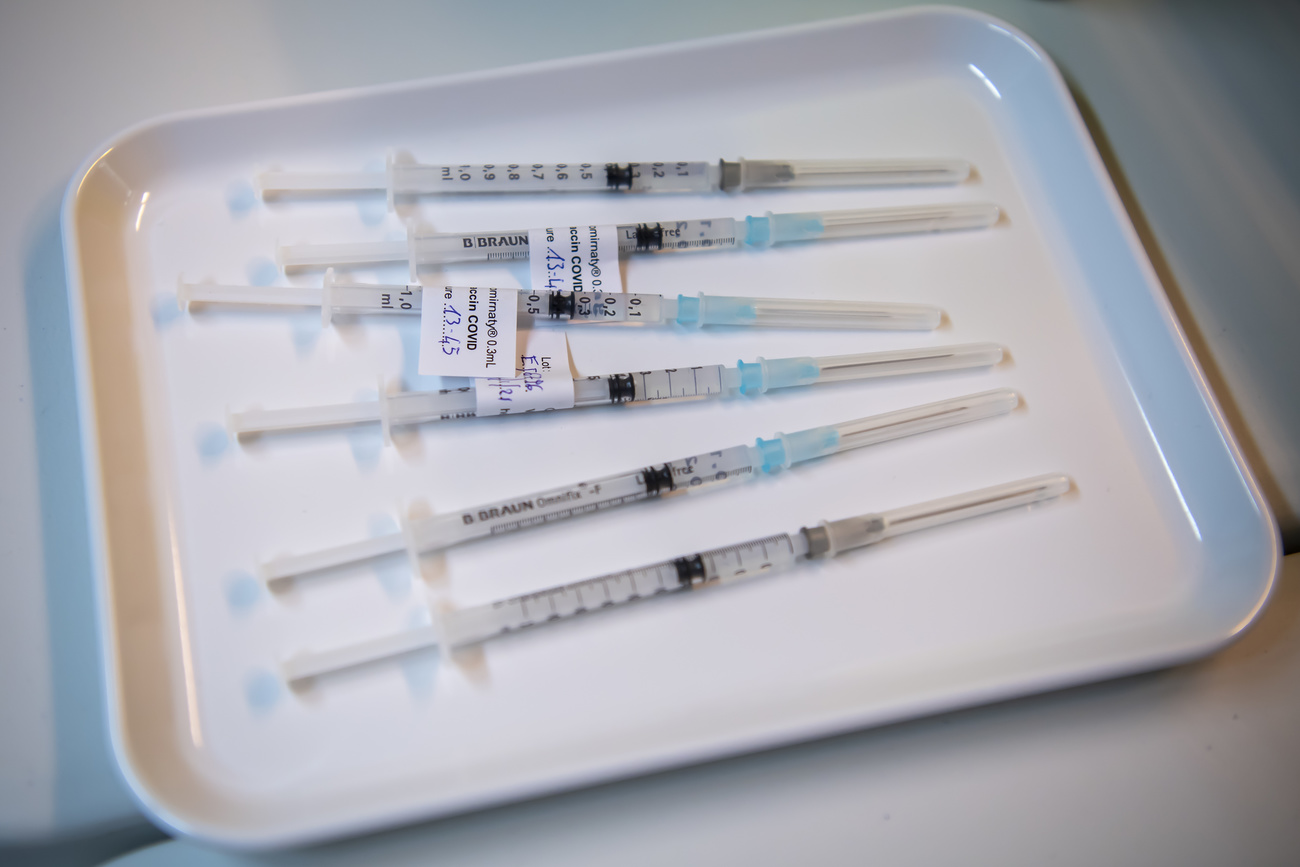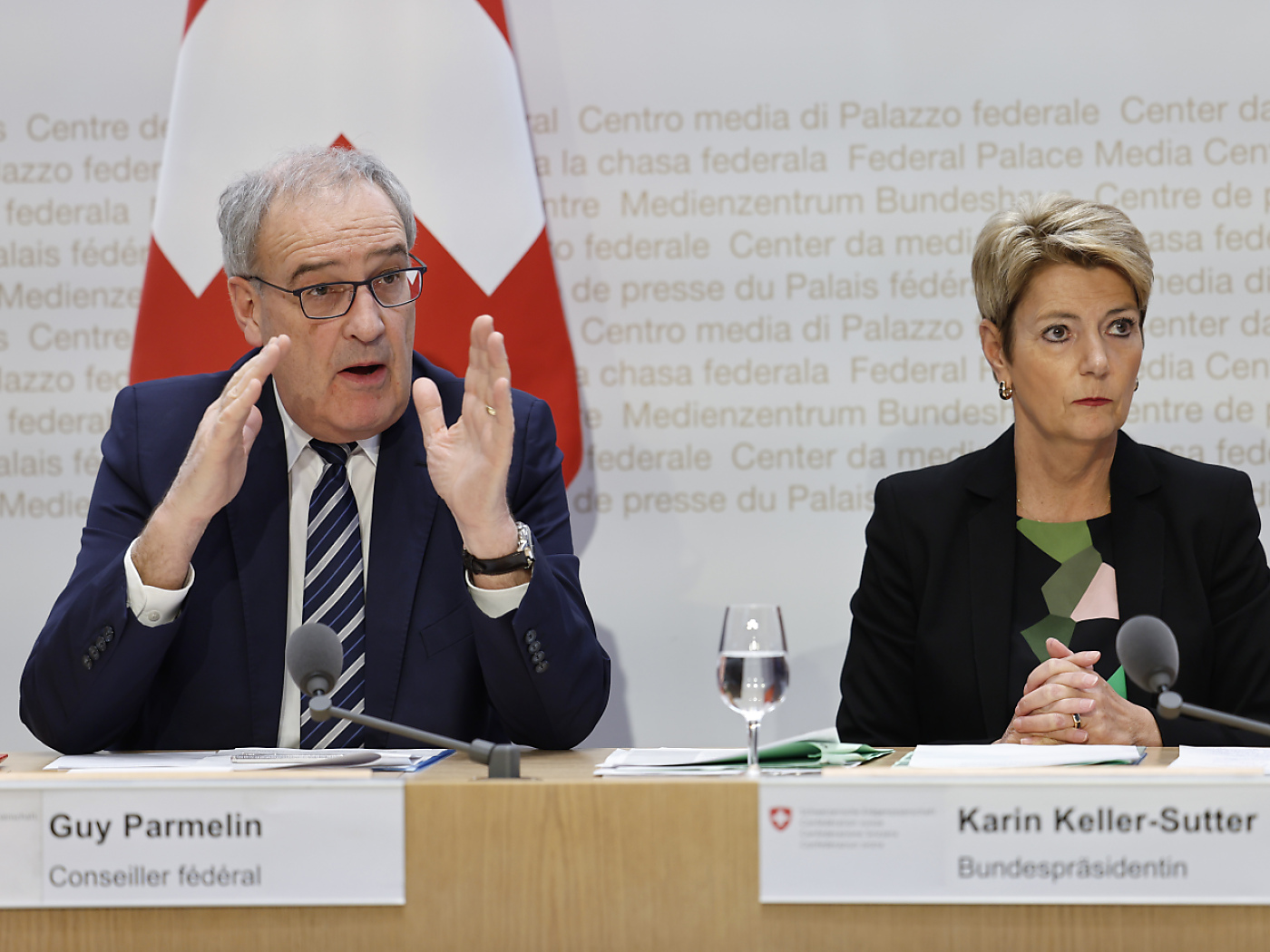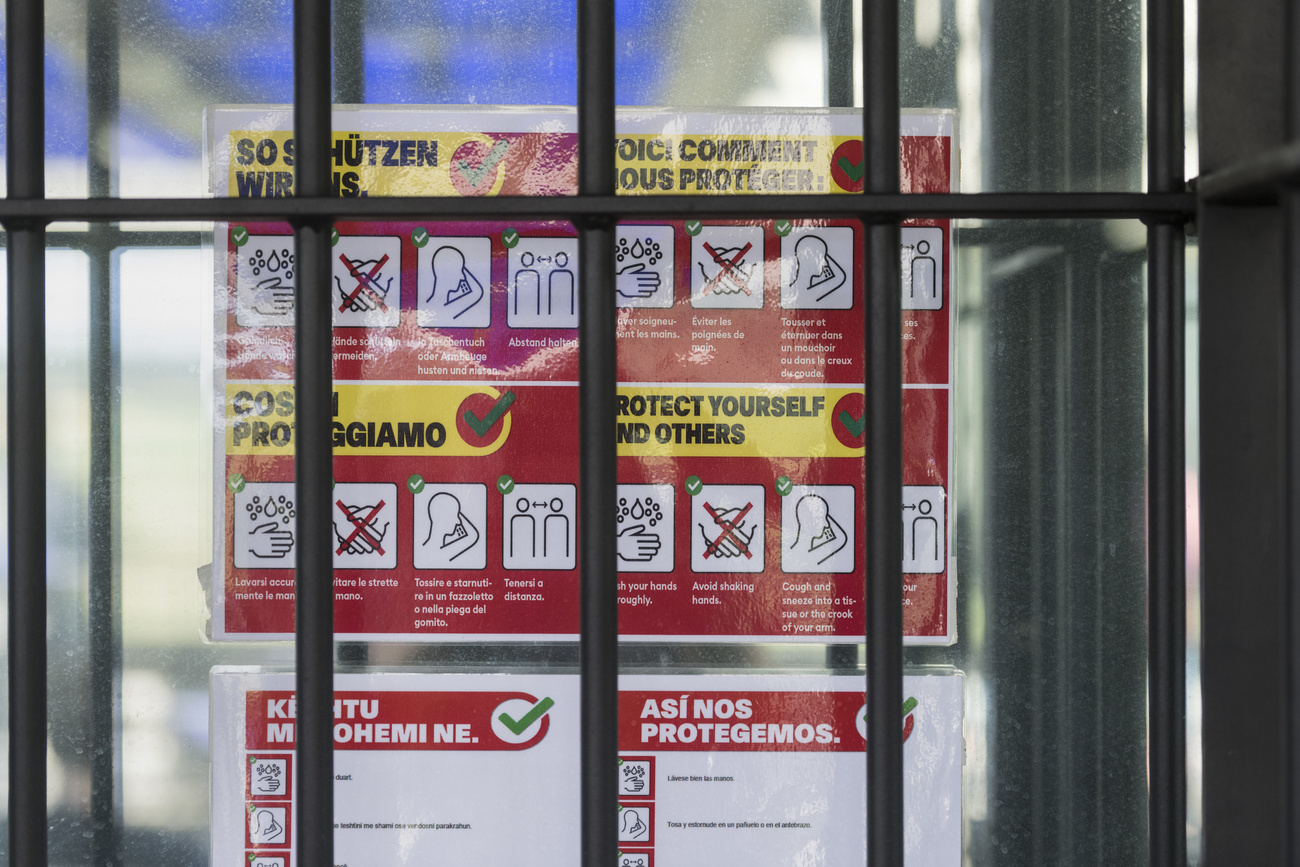Covid quarantine time shortened to cope with wave of infections

The government has decided to shorten Covid quarantine and isolation periods to five days in a bid to prevent a shortage of staff that risks crippling the Swiss economy.
Interior Minister Alain Berset said there is scientific evidence that the time of incubation and infection with the Omicron variant is relatively short and therefore long periods of isolation and quarantine didn’t make sense.
However, he cautioned that the epidemiological situation remained difficult to assess.
“This might be the beginning of the end of the pandemic phase,” he told a news conference.
The decision, which will take effect on Thursday, involves cutting the quarantine and isolation periods to five days, from seven and ten days respectively, and only those people in close contact with an infected person would be subject to the rules.
Ahead of Wednesday’s decision there had been calls to shorten the quarantine period, notably from the business community and several cantonal authorities, as tens of thousands of people get infected with the virus every day, threatening to hamstring the economy.

More
Coronavirus: the latest numbers
The government had already shortened the quarantine time in December when it tightened restrictions ahead of the Christmas holidays.
However, health officials worry that the latest surge in infections could overwhelm the health care system.
Certificate
The government didn’t announce any new measures but said that, in an effort to bring Swiss regulations in line with European Union rules, it plans to shorten the validity of the Covid health certificate to nine months from 12 months.
The government also seeks to extend current curbs on public life until the end of March. They are due to run out at the end of this month.
The cantonal authorities, political parties, employers and trade unions have been asked to provide feedback on the plans within a week.
Current measures include limiting access to indoor public areas to vaccinated and those who have recovered from an infection, as well as a work-from-home rule. Unlike several other European countries, the government has stopped short of imposing a lockdown or mandatory vaccinations.
Berset said the government has been pursuing a pragmatic Covid policy over the past two years, trying to strike a balance between concerns about health situation and the needs of the economy.
In the same vein, this year’s Swiss president, Ignazio Cassis, compared the policy with the desired effects and undesired side-effects of a medical drug.
“If the quantity is too low there is no beneficial effect; and it is lethal if it is too high.”

In compliance with the JTI standards
More: SWI swissinfo.ch certified by the Journalism Trust Initiative














You can find an overview of ongoing debates with our journalists here . Please join us!
If you want to start a conversation about a topic raised in this article or want to report factual errors, email us at english@swissinfo.ch.